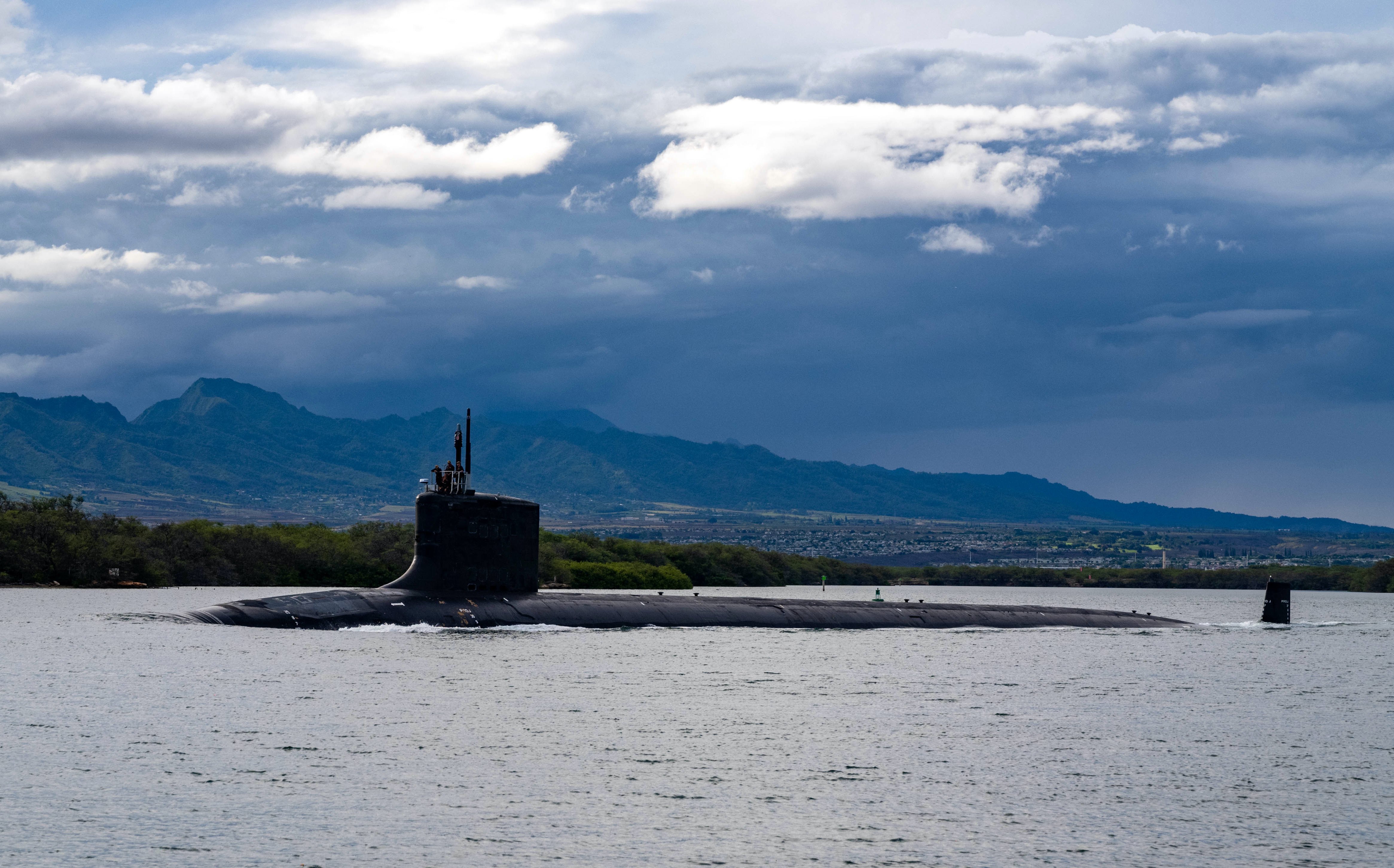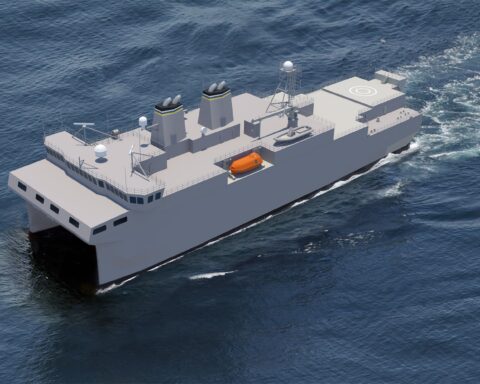The following is the July 19, 2023, Congressional Research Service In Focus report, Libya and U.S. Policy.
Twelve years after a 2011 uprising that toppled longtime authoritarian leader Muammar al Qadhafi, Libya has yet to make a transition to stable governing arrangements. Elections and diplomacy have produced a series of interim governments, but militias, local leaders, and subnational coalitions backed by competing foreign patrons have remained the most powerful arbiters of public affairs. The postponement of planned elections in 2021, Libyans’ continuing lack of consensus over constitutional and legal arrangements, the potential fragility of a United Nations (U.N.)-backed ceasefire, and the reemergence of institutional rivalry are prolonging Libya’s instability and pose challenges for U.S. decisionmakers.
Successive U.S. Administrations have sought to prevent Libya from serving as a permissive environment for transnational terrorist groups and have taken different approaches to conflict and competition among Libyans. The Biden Administration supports the holding of new elections in Libya and has used U.S. influence to bolster U.N.-led mediation efforts to that end. Congress has appropriated funds to enable U.S. diplomacy and aid programs, and some Members have called for more assertive U.S. engagement.
War, Ceasefire, and a Deferred Election
Conflict reerupted in Libya in April 2019, when a coalition of armed groups led by Qadhafi-era military defector Khalifa Haftar known as the Libyan National Army (LNA, alt. “Libyan Arab Armed Forces,” LAAF), attempted to seize the capital, Tripoli, from the internationally recognized Government of National Accord (GNA). Russia, the United Arab Emirates (UAE), Egypt, and leaders of Libya’s House of Representatives (HOR, an interim parliament last elected in 2014) backed the LNA. With Turkish military support, the GNA and anti-LNA western Libyan militias forced the LNA to withdraw. Libya has remained divided since, with foreign forces still present, and opposing coalitions separated by a line of control west of Sirte (Figure 1). During 2020, multilateral diplomatic initiatives helped achieve a ceasefire, and the U.N. has deployed civilian monitors at Libyans’ request.
In 2021, members of a U.N.-appointed Libyan Political Dialogue Forum (LPDF) and the HOR approved an interim executive authority and Government of National Unity (GNU) to replace the GNA, with a mandate to serve until elections or through June 2022. In 2021, the U.N. Support Mission in Libya (UNSMIL) facilitated discussions among LPDF members, the HOR, and the High Council of State (HCS, an advisory representative body) in an attempt to establish a constitutional and legal basis for parliamentary and presidential elections planned for December 24, 2021. However, disputes over candidacy criteria and constitutional and legal issues persisted, leading to an indefinite postponement of the elections. U.N. and U.S. officials have sought to preserve momentum toward elections, amid contending Libyan proposals and initiatives.
Download the document here.





